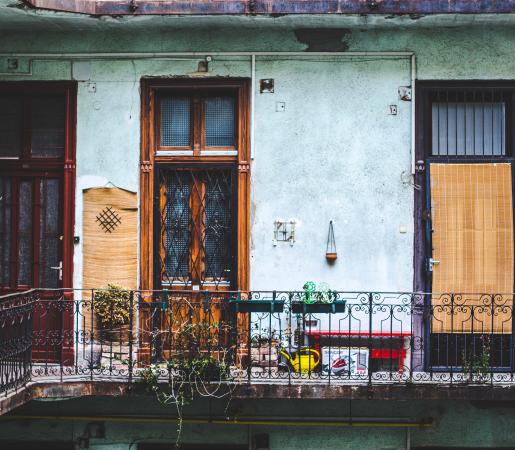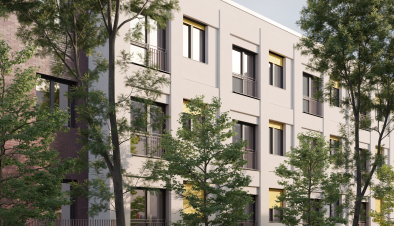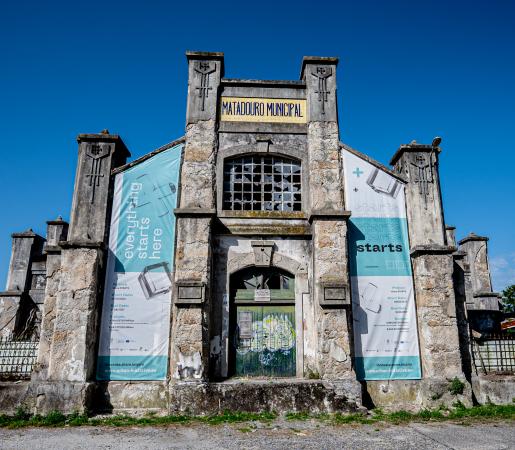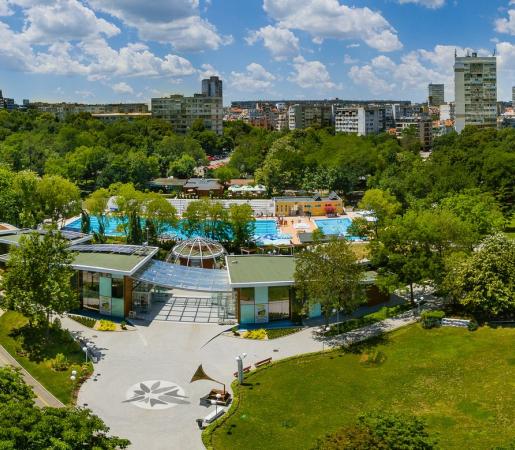
Budapest
AHA Budapest - Affordable Housing for All
AHA Budapest aims to deliver ‘Affordable Housing for All’ through an integrated approach that both increases the supply of affordable housing and provides new solutions to support people at risk of housing exclusion. A central component is the transformation of an unused non-residential public building into energy-efficient social housing. In parallel, a data-driven early warning mechanism aims to identify households facing rental arrears and energy poverty to enable new support services to be tested built on broad cooperation between public utilities, social service providers, and district municipalities.
Our main challenges...
Budapest faces a looming housing crisis caused by the energy price shock and rising inflation. Budapest is characterised by a small, poorly regulated private rental sector (10-12%) and an underdeveloped social housing system (4%).
Budapest’s two-tiered urban governance structure hinders policymakers from addressing the housing crisis. The district municipalities are tasked with the prevention of homelessness, while the city municipality is chiefly responsible for the provision of homeless shelters.
The municipal housing sector is characterised by mostly very low-income tenants, deteriorating stock, and minimal available units. The central government does not provide any subsidies for affordable housing schemes.
and proposed solutions
The repurposing of an unused non-residential public building for social housing, using energy efficient technologies and low-cost, aesthetic modular interiors, developed through inclusive design approaches involving beneficiaries.
A data-driven early warning mechanism to rapidly identify energy poor households and prevent larger crises, built on broad cooperation with public utilities, social service providers, and district municipalities.
Testing a revolving fund for energy-efficiency retrofit grants and other flexible interventions to reduce energy poverty, particularly for high need and physically at-risk target groups (e.g. unable to heat their home).
Key figures
Milestones
AHA Early Warning System launched
Opening of AHA Intervention Office with trained social workers
1st wave of tenants will move into the newly refurbished housing complex
Financial model for Demo Hub replication will be published




